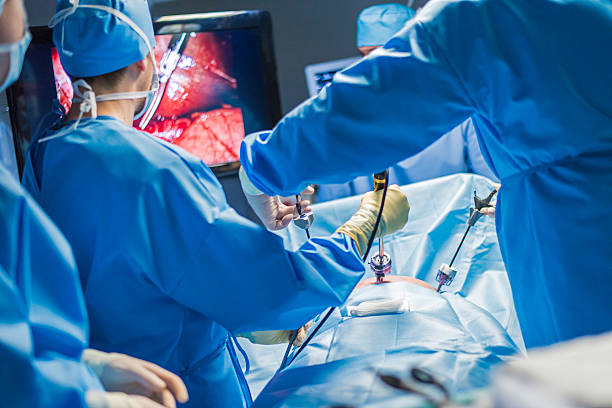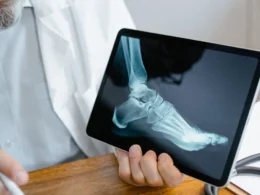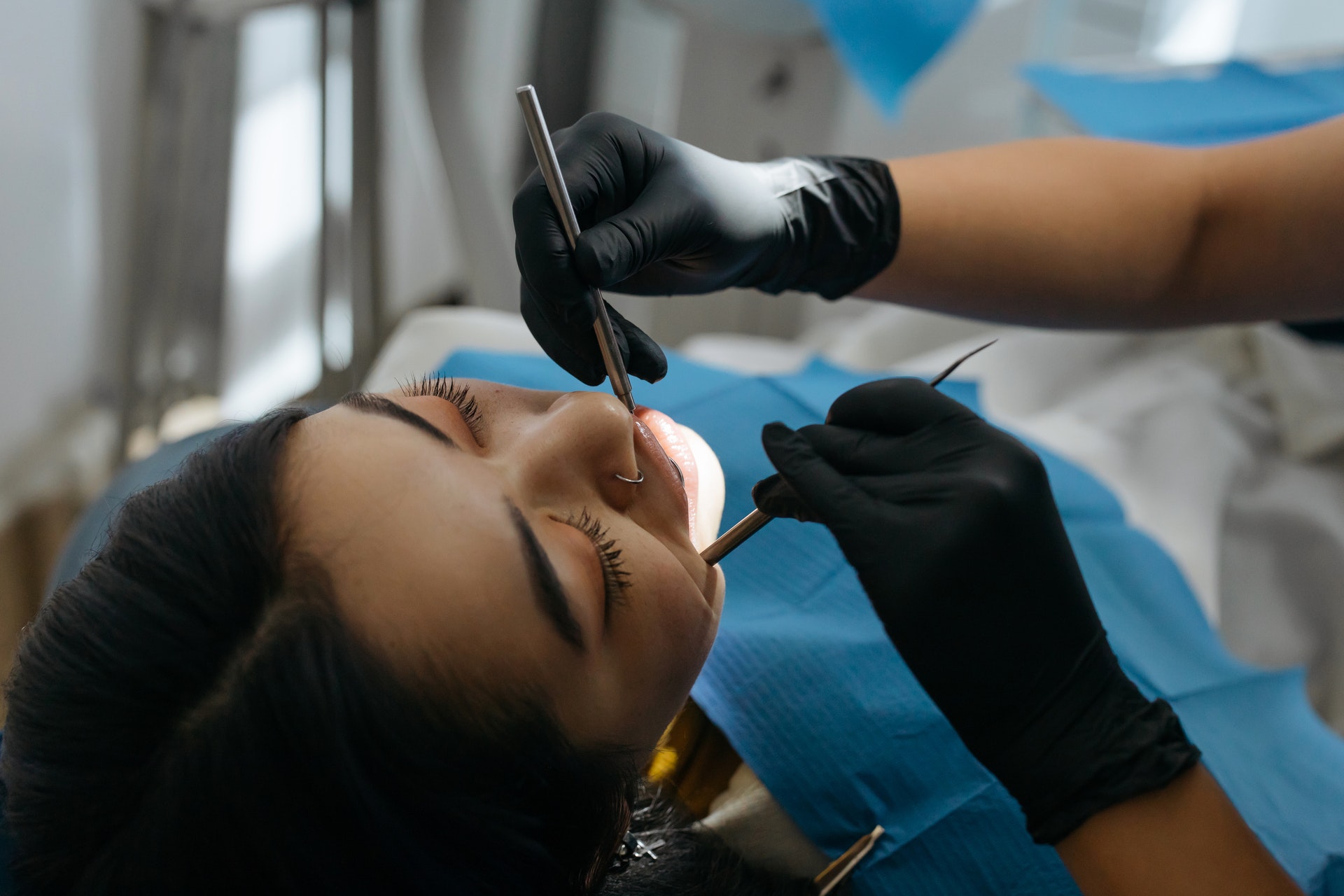When someone needs to have laparoscopic gynecological surgery performed, whether it’s the removal of an ovarian cyst or cancerous tumor, it’s important to find the best laparoscopic surgeon in Indore who can assist you in safely performing this delicate procedure. Not only should your laparoscopic surgeon be skilled in performing the right procedure at the right time, but they should also ensure that your surgical experience goes as smoothly as possible, resulting in minimal scarring and pain for you once you recover from the surgery itself. This guide will help you know more about the procedure.
What is laparoscopic surgery?
Before discussing laparoscopic surgery, it’s important to be clear about what laparoscopy is. In a nutshell, laparoscopy is a minimally invasive surgery that utilizes a camera and special tools. This surgery is typically used to diagnose or treat specific health conditions in women. For example, fibroids are often removed via laparoscopic surgery since they are usually benign growths within the uterus. Doctors may also choose to perform a laparoscopy if they suspect that adhesions have formed around organs inside of your body—adhesions often occur after previous surgeries have been performed—or if cancer has been found on any other part of your body.
How is laparoscopic surgery performed?
In a laparoscopic procedure, an incision is made in your abdominal wall and a laparoscope, a thin tube with a light attached to it that allows surgeons to see inside of you, is inserted. This tiny camera allows your surgeon to visually check out everything going on inside of you and complete his job with precision.
What tests are typically done before a laparoscopy?
Before a laparoscopy is performed, it’s important to determine if any tests need to be done beforehand. For example, if you suffer from infertility and your OB-GYN suspects endometriosis, they may recommend that you undergo laparoscopy first before doing anything else. Typically, though, no tests are necessary. It’s up to your OB-GYN whether or not they want to proceed with testing on a case-by-case basis.
What are the indications for gynecological laparoscopic surgery?
Gynecological laparoscopic surgery is usually reserved for gynecological disorders that cause pain and/or discomforts, such as endometriosis, pelvic inflammatory disease (PID), uterine fibroids, and benign ovarian cysts. Pelvic inflammatory disease is often accompanied by abscesses in either or both fallopian tubes. If left untreated, PID can lead to infertility and other complications, so it’s important to catch and treat it right away.
Preparing for gynecologic laparoscopy
Before getting surgery, it’s important to do your research and prepare yourself. You should speak with a gynecologic laparoscopic surgeon, who can answer any questions you have and help you feel more confident about what to expect. Gynecologic laparoscopy is a fairly common procedure. When deciding on a laparoscopic surgeon, ask around and do some researches to find out which doctors specialize in gynecology and perform laparoscopy frequently.
How do I recover at home from a laparoscopy?
Recovery depends on what kind of procedure you had. You may need to rest at home for a day or two, depending on your condition and whether you’re taking pain medication. During that time, avoid lifting anything heavier than five pounds (2.3 kilograms). After about two days, you can begin to lighten your diet—but still avoid high-protein foods like red meat for at least three weeks.









